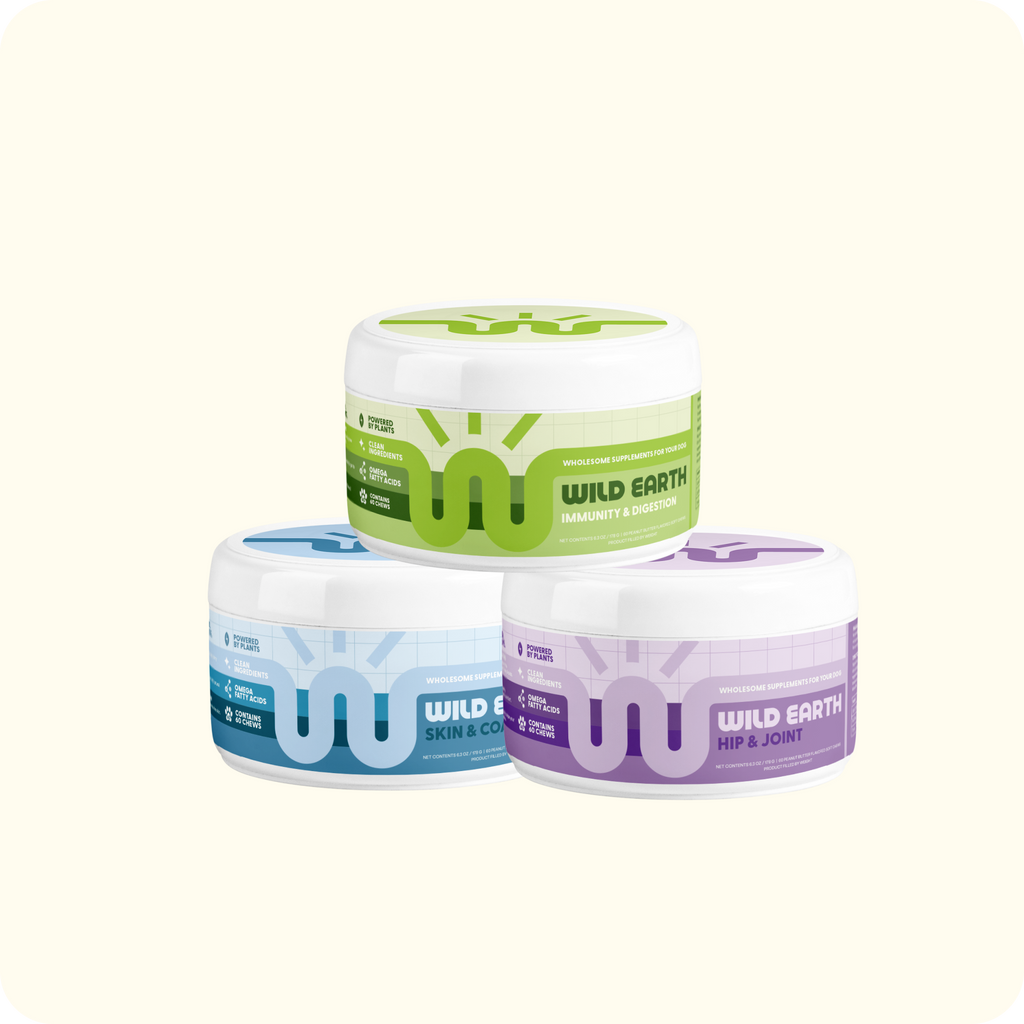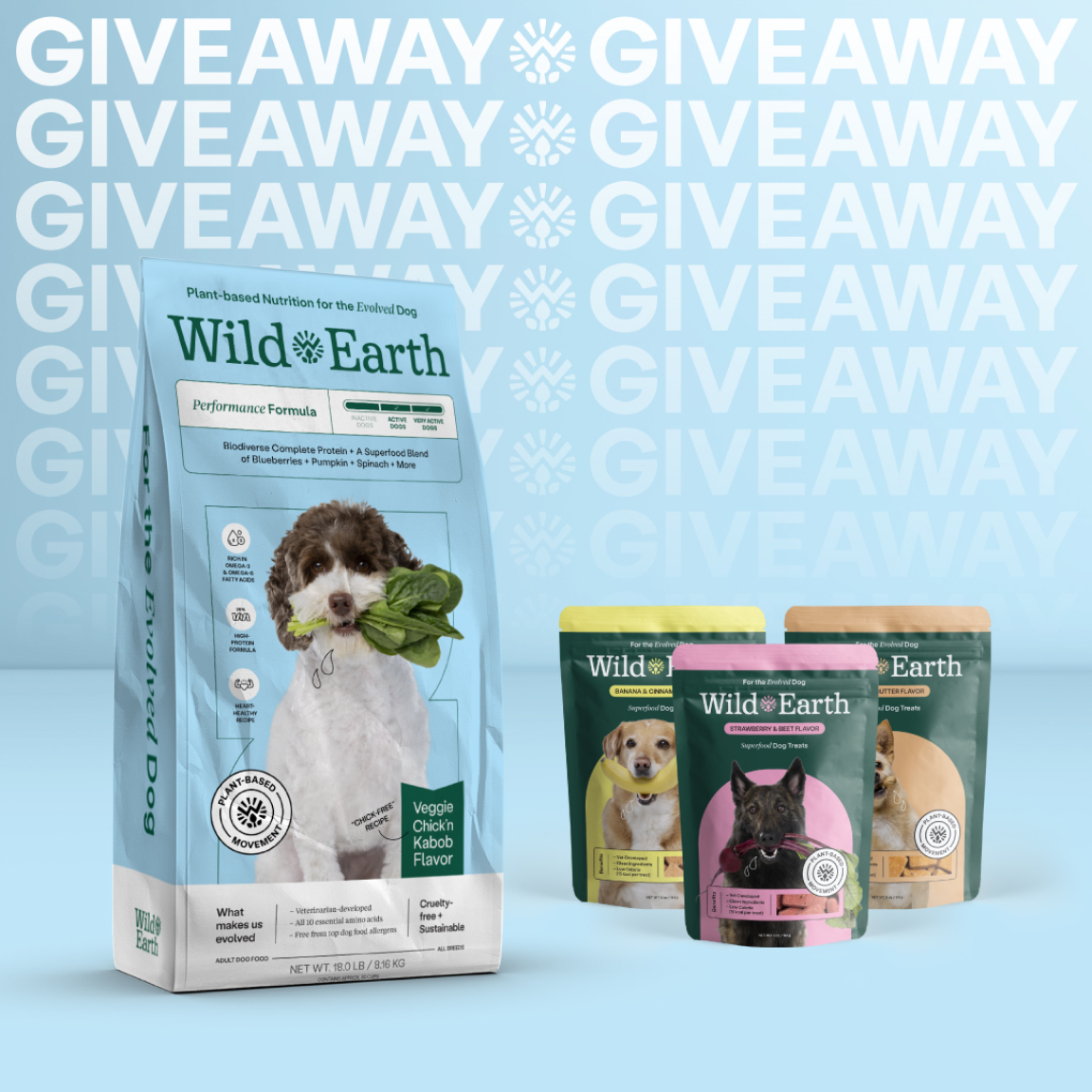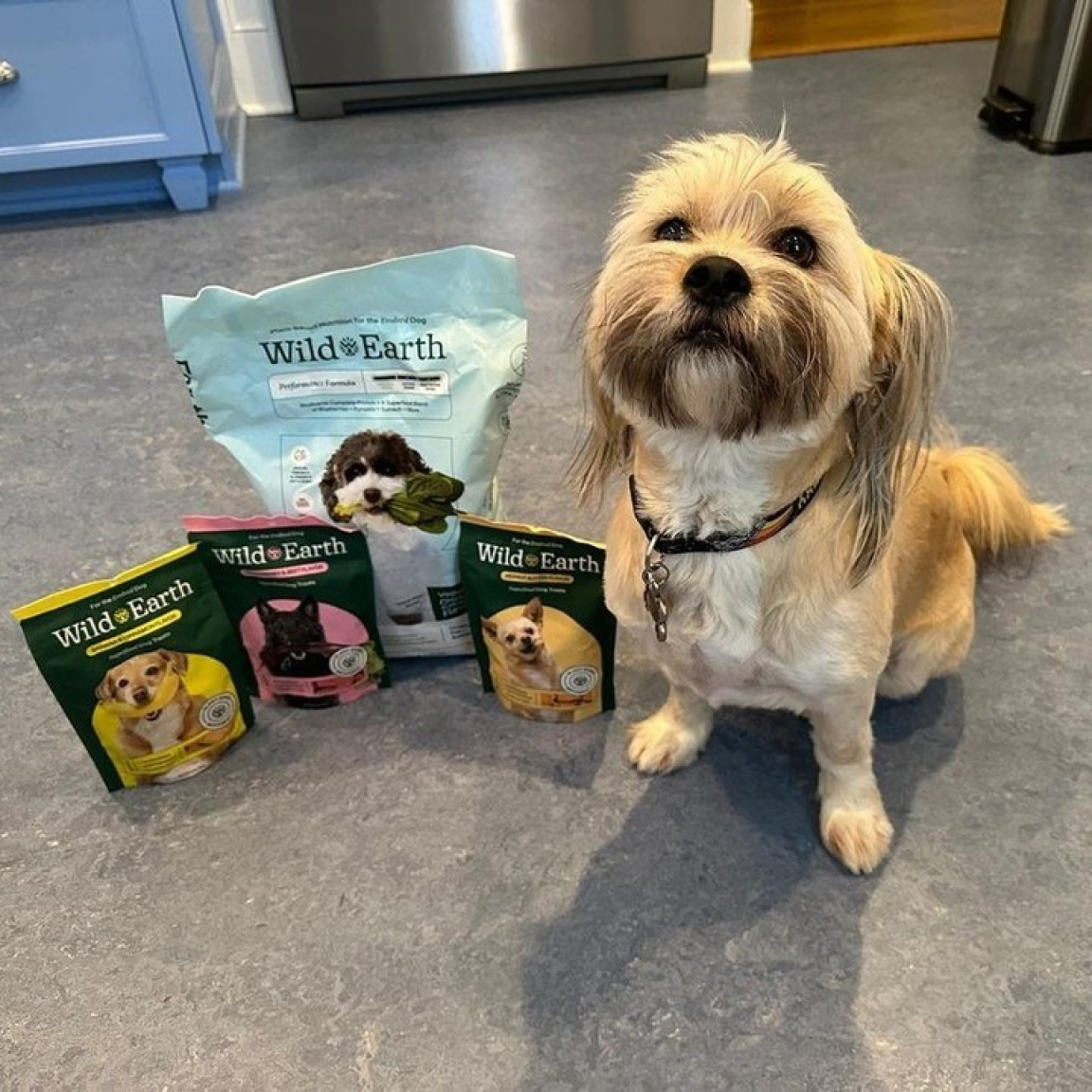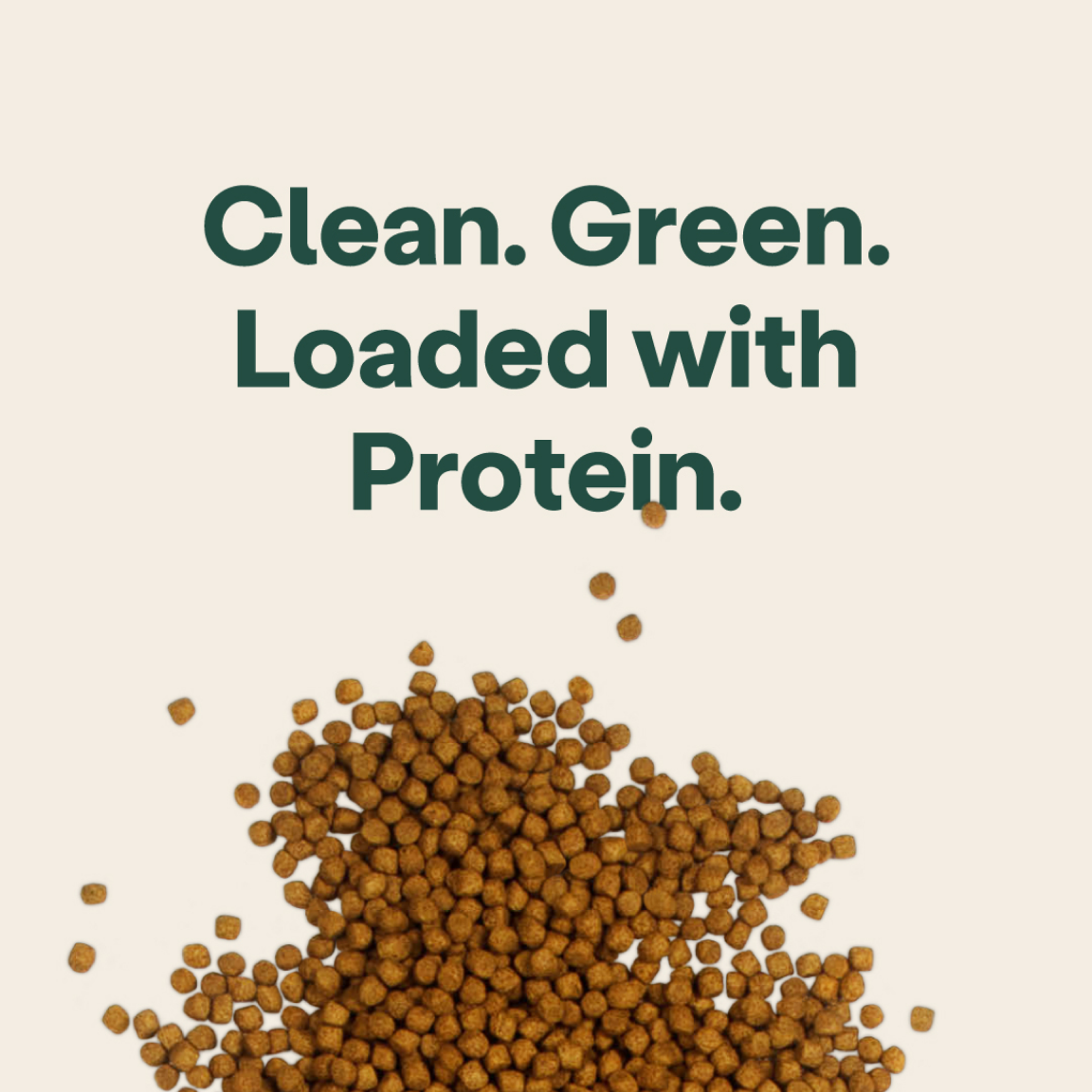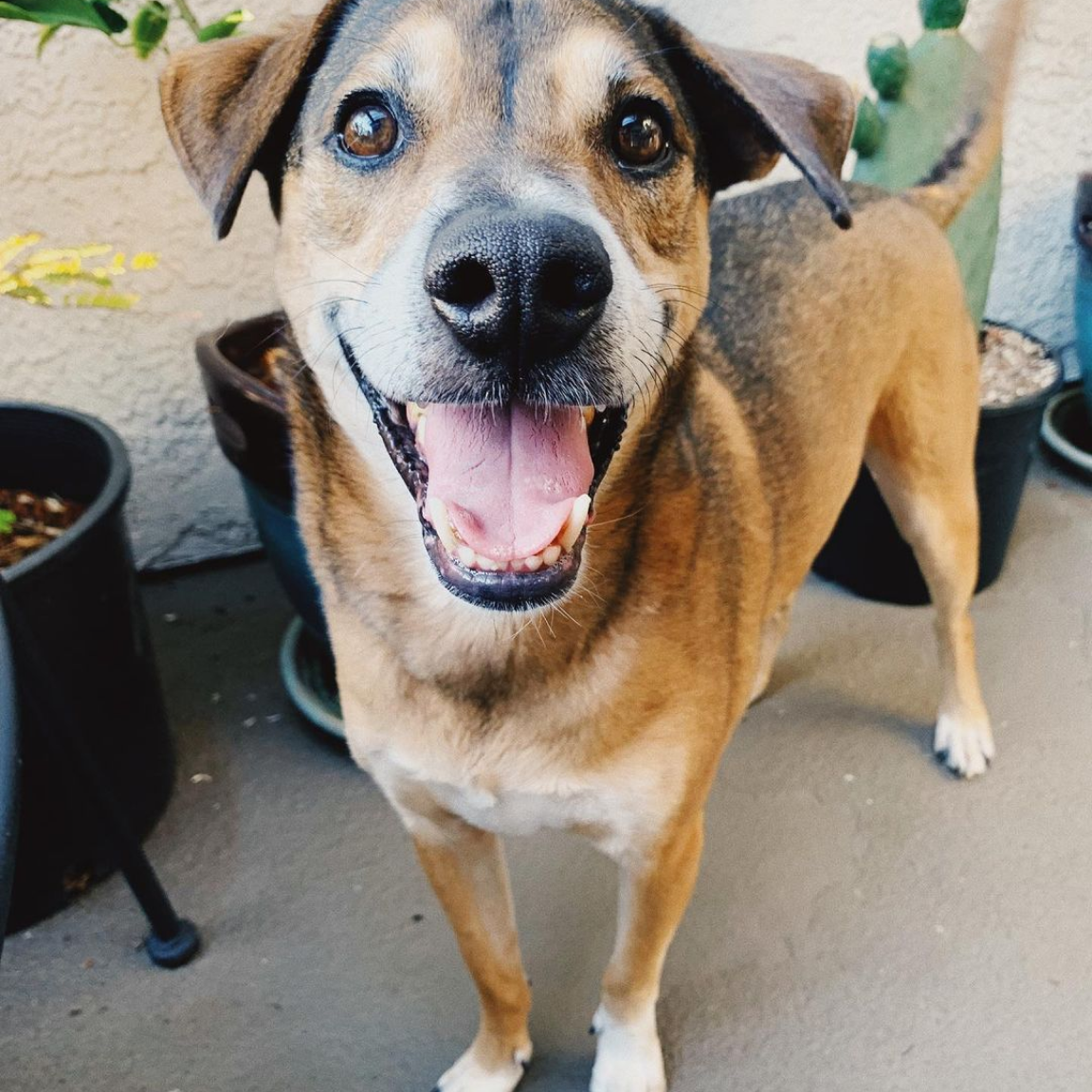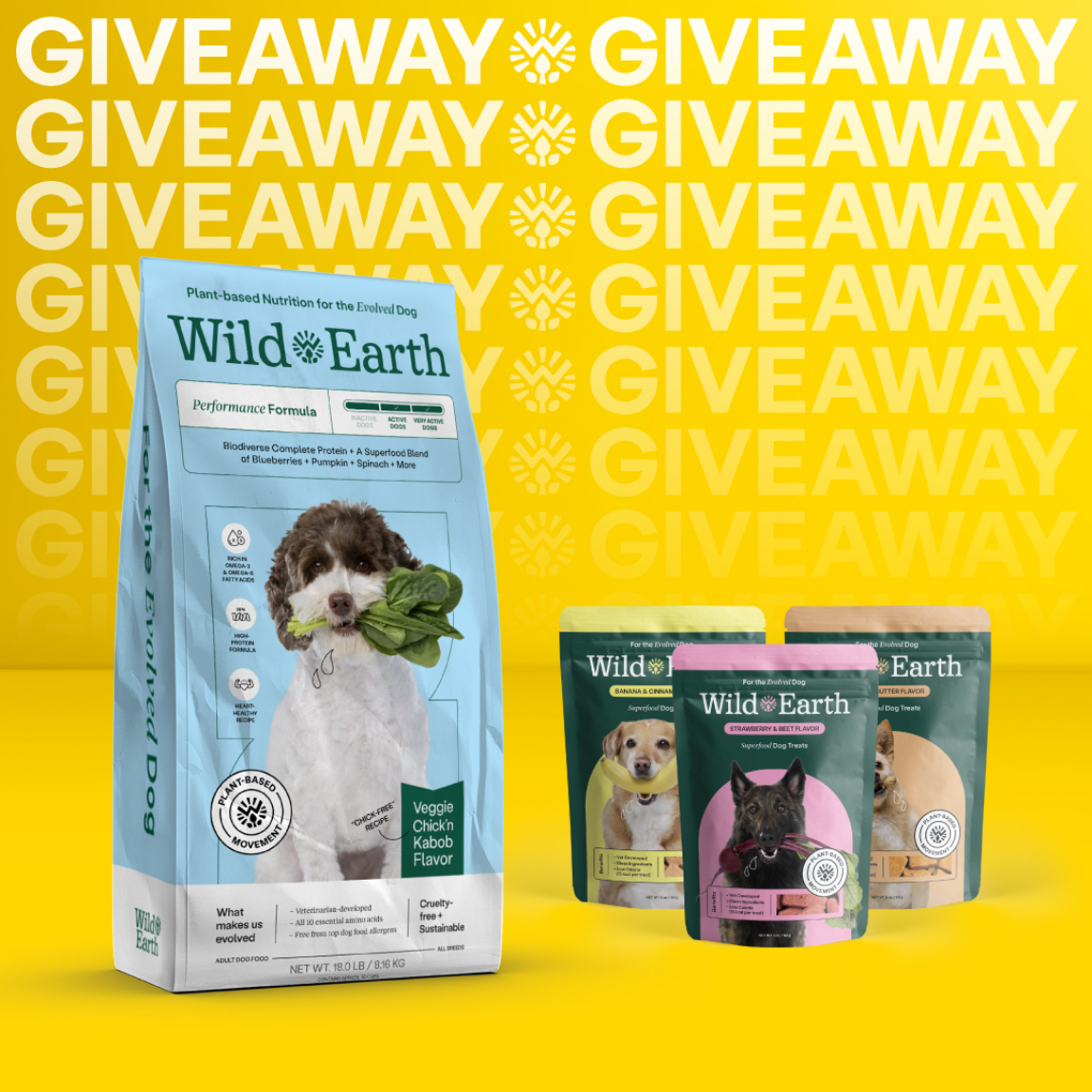
What is the Best Dog Food for Dogs with Allergies?
Finding the best food for a dog with allergies can be life-changing for your furry friend. Allergies in dogs often manifest as itchy skin, ear infections, digestive issues, or chronic discomfort. With nearly 10% of dogs worldwide suffering from food-related allergies, choosing the right diet is essential to their well-being.
But what is the best dog food for dogs with allergies, and how can you ensure your dog gets the nutrition they need without triggering allergic reactions? Let’s explore the causes, common allergens, and solutions to help your dog thrive.
1. Understanding Food Allergies in Dogs

Food allergies occur when your dog’s immune system overreacts to specific proteins or ingredients. Unlike food intolerances, which involve digestion, allergies provoke immune responses that lead to symptoms such as:
- Excessive itching or licking.
- Red, inflamed skin.
- Chronic ear infections.
- Gastrointestinal distress (vomiting or diarrhea).
The most common allergens in dogs include:
- Beef
- Chicken
- Dairy products
- Wheat
- Soy
Dogs can develop allergies over time, even to ingredients they’ve eaten for years. Understanding these triggers is the first step toward finding an appropriate diet.
2. Features to Decide What is the Best Dog Food for Dogs with Allergies

When selecting food for an allergic dog, prioritize these features to ensure they get the nutrients they need without triggering their sensitivities:
1: Limited Ingredient Diets (LIDs)
These diets use fewer ingredients to reduce the risk of triggering allergies. Look for labels highlighting single protein sources and minimal fillers.
2: Hypoallergenic Formulas
Hypoallergenic dog foods often feature hydrolyzed proteins—proteins broken down into smaller components that are less likely to cause allergic reactions.
3: Novel Protein Sources
Proteins your dog hasn’t been exposed to before, such as duck or venison, can reduce allergic responses in some cases.
4: Grain-Free Options
While not always necessary, grain-free diets may help if grains like wheat or corn are the culprits. Choose grain-free options that don’t rely on low-quality fillers.
5: Balanced Nutrition
Allergy-friendly food should still provide all the essential nutrients your dog needs for a healthy coat, strong muscles, and energy levels.
3. Steps to Choosing the Right Dog Food

Now that you’re clear on what is the best dog food for dogs with allergies, it’s time to know about the EXACT steps for choosing the right option:
- Consult Your Veterinarian: Before making significant dietary changes, consult your vet to confirm the allergy and get customized recommendations. An elimination diet or allergy test may be necessary to pinpoint the trigger.
- Monitor Reactions: Introduce new foods gradually and watch for any changes in your dog’s symptoms. A slow transition reduces the risk of digestive upset.
- Read Labels Carefully: Avoid foods with vague labels or unnecessary fillers. Look for transparent ingredient lists that specify the protein and carbohydrate sources.
4. When to Consider Specialized Diets
If your dog’s allergies are severe or they show no improvement on general hypoallergenic options, a prescription diet may be necessary. These diets are formulated specifically for dogs with medical-grade sensitivities and often require a veterinarian’s approval.
Conclusion: What is the Best Dog Food for Dogs with Allergies?
So… WHAT is the best dog food for dogs with allergies? The answer depends on your dog’s specific needs and sensitivities. Opt for limited ingredient diets, hypoallergenic options, or novel protein sources, and always consult your veterinarian for personalized advice. By choosing the right food and monitoring your dog’s reactions, you can help them live a happy, itch-free life. Take the time to choose wisely, and your dog will thank you with a wagging tail and boundless energy.
While you’re at it, Wild Earth might just be the right solution because of food being free from common allergens like beef, chicken, and dairy.
Read More Blogs:














